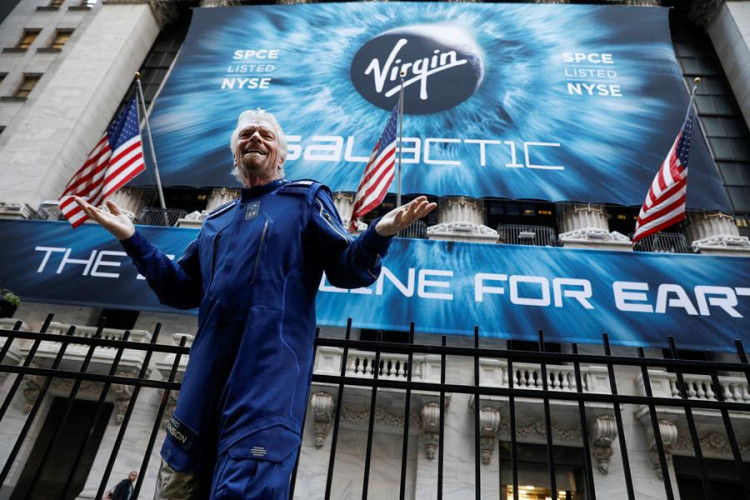A Virgin Galactic spacecraft could be cruising past the clouds as early as next week.
The aerospace company has disclosed its flight schedule for the first rocket-boosted flight of its VSS Unity space vehicle from the newly christened Spaceport America launch pad in New Mexico.
The launch would mark the latest advanced flight since the company sent a passenger to orbit in February last year, back when Virgin reached the edge of space at nearly Mach 3.
The powered flight was originally planned to take off a bit earlier in the year, but coronavirus pandemic-linked safety measures caused some setbacks. But with the elements cooperating, next week should see Unity hitting the skies again, according to TechCrunch.
Virgin Galactic's flight and engineering teams have a series of goals in mind, including "testing components of the customer cabin and evaluating the upgraded horizontal stabilizers and flight controls during launch," Entrepreneur Asia-Pacific quoted the company as saying in a media release.
The Richard Branson-led company said the flight will not be exclusively for testing purposes. It will also carry multiple payloads under NASA's Flight Opportunities Program, which contracts with smaller launch groups to perform experiments in near space.
Virgin Galactic Holdings has been tapped by NASA to run its suborbital testing program, the space agency announced late Tuesday.
Virgin, along with privately controlled Masten Space Systems, is now part of NASA's Flight Opportunities initiative, on top of four other programs that had sealed a deal with the government space agency earlier.
NASA said that the contracts are fixed-price orders, and their total value is $45 million.
Shares of Virgin Galactic have soared over 60% since the start of November.
According to FactSet, Virgin Galactic is projected to rake in around $966,000 in revenues in fiscal 2020.
Its space flight and integration program contract with NASA is also seen to boost the company's portfolio.






